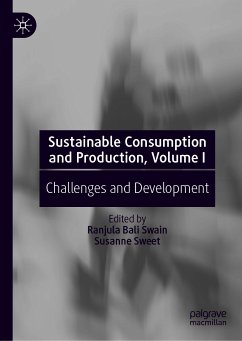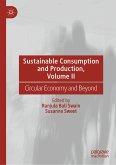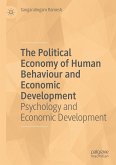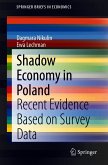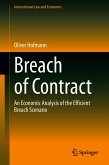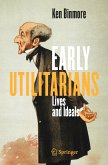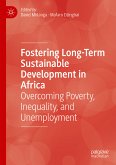Sustainable Consumption and Production, Volume I: Challenges and Development aims to explore critical global challenges and addresses how consumers, producers, the private sector, international organizations, and governments can play an active role in innovating businesses to support a transitioning towards sustainable consumption and production. The book explores different approaches and innovations to address sustainable consumption and production. It details multiple social and economic contexts to the challenges and developments towards a sustainable consumption and production. The book is of interest to economists, students, businesses, and policymakers.
Chapter 14 and chapter 15 are available open access under a Creative Commons Attribution 4.0 International License via link.springer.com.
Ranjula Bali Swain is Visiting Professor at Mistra Center for Sustainalbe Markets (Misum), Stockholm School of Economics and Professor of Economics at Södertörn University, Stockholm, Sweden. Her research focusses on sustainable development, environmental economics and development economics.
Susanne Sweet is an Associate Professor at Stockholm School of Economics. Sweet's research covers a broad range of topics on corporate sustainability and responsibility and she has for the past eight years been the research manager for a large cross disciplinary research program on circular fashion.
Dieser Download kann aus rechtlichen Gründen nur mit Rechnungsadresse in A, B, BG, CY, CZ, D, DK, EW, E, FIN, F, GR, HR, H, IRL, I, LT, L, LR, M, NL, PL, P, R, S, SLO, SK ausgeliefert werden.

